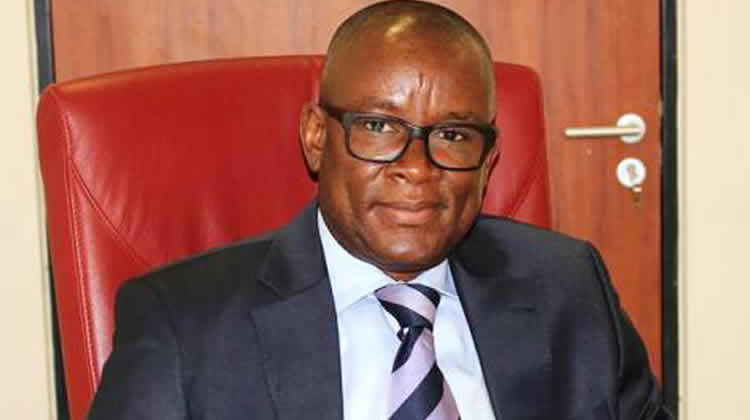The Nigerian textile industry, once a vibrant sector rivaling the government in employment generation, now faces significant challenges. Senator John Enoh, the Minister of State for Industry, acknowledged this decline during a visit to Sunflag Nigeria Limited, a textile manufacturer in Lagos. He emphasized the government’s commitment to revitalizing the industry through policies that create a level playing field for local producers. This commitment aligns with the Tinubu administration’s eight-point agenda, particularly the focus on job creation and economic diversification through industry and manufacturing. The Minister’s visit signaled a renewed focus on addressing the issues plaguing the sector and fostering its growth.
One of the primary concerns highlighted by Enoh is the influx of unchecked textile imports and second-hand clothing, which significantly undercut local manufacturers. The sheer volume of these imports, estimated at 300 containers daily, often entering the country without paying due duties, creates an unfair competitive environment for Nigerian textile companies who bear the burden of taxes and regulations. This unfair competition contributes to the shrinking of the local industry and the loss of jobs. Enoh condemned this practice and pledged to work towards solutions that protect local producers and encourage fair competition. A key step in this direction is the planned convening of a session on Cotton, Textiles, and Garments within two weeks, bringing together stakeholders to discuss and formulate solutions.
The Minister’s assurances of government support resonated with the concerns raised by Alok Bhardwaj, the Managing Director of Sunflag Nigeria Limited. Bhardwaj painted a bleak picture of the industry’s decline, highlighting the drastic drop in employment from 250,000 in the 1980s to a mere 10,000 today. Sunflag, operating in Nigeria since 1961, represents a long-standing commitment to local manufacturing, utilizing Nigerian resources and labor. Despite this commitment, the company, like others in the sector, struggles against unfair competition from imports. Bhardwaj’s stark figures underscore the urgency of government intervention to revitalize the industry and restore its contribution to employment.
Bhardwaj’s call for government protection echoes the protectionist measures employed by other countries, citing the example of the United States under the Trump administration. He emphasized the significant economic impact of textile imports, estimated at $6 billion annually, which supports jobs in other countries, primarily China and India, while Nigerian jobs dwindle. This outflow of capital and job opportunities underscores the need for policies that prioritize local production and create employment opportunities within Nigeria. The stark contrast between the estimated 750,000 jobs supported by Nigerian textile imports in foreign countries compared to the mere 10,000 remaining in the Nigerian textile sector paints a compelling picture of the industry’s decline and the urgency for effective government intervention.
The impact of second-hand clothing extends beyond the textile industry, affecting the livelihoods of approximately 1.5 million Nigerian tailors. Bhardwaj argued that even a modest 10% reduction in these imports could significantly boost employment in the tailoring sector. This interconnectedness highlights the broader economic implications of the textile industry’s challenges. Addressing these issues requires a comprehensive approach that considers the entire value chain, from textile production to garment making and retail. Supporting local production and reducing reliance on imported second-hand clothing can create a ripple effect, benefiting multiple sectors and contributing to overall economic growth.
Furthermore, access to affordable energy is crucial for the competitiveness of local manufacturers. Bhardwaj highlighted Sunflag’s self-reliance in electricity generation, producing 40 megawatts, but pointed to the challenges posed by unimplemented agreements on gas pricing. Stable and affordable energy costs are essential for the viability and growth of the textile industry. Without consistent government support in this area, manufacturers like Sunflag struggle to compete with foreign producers who may benefit from subsidized energy costs. This reinforces the need for a comprehensive industrial policy that addresses not only trade practices but also crucial inputs like energy, ensuring a supportive environment for local manufacturing.


